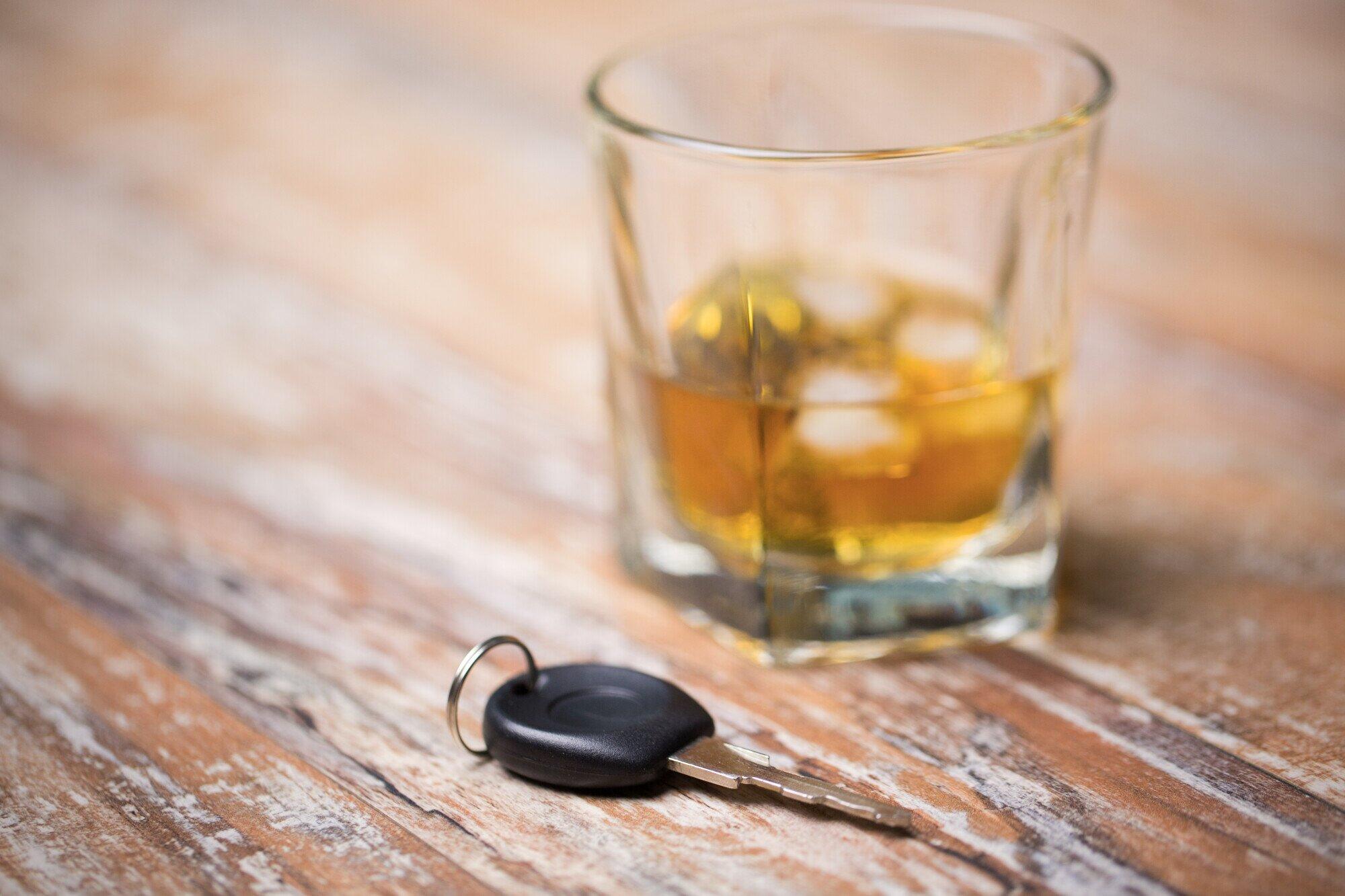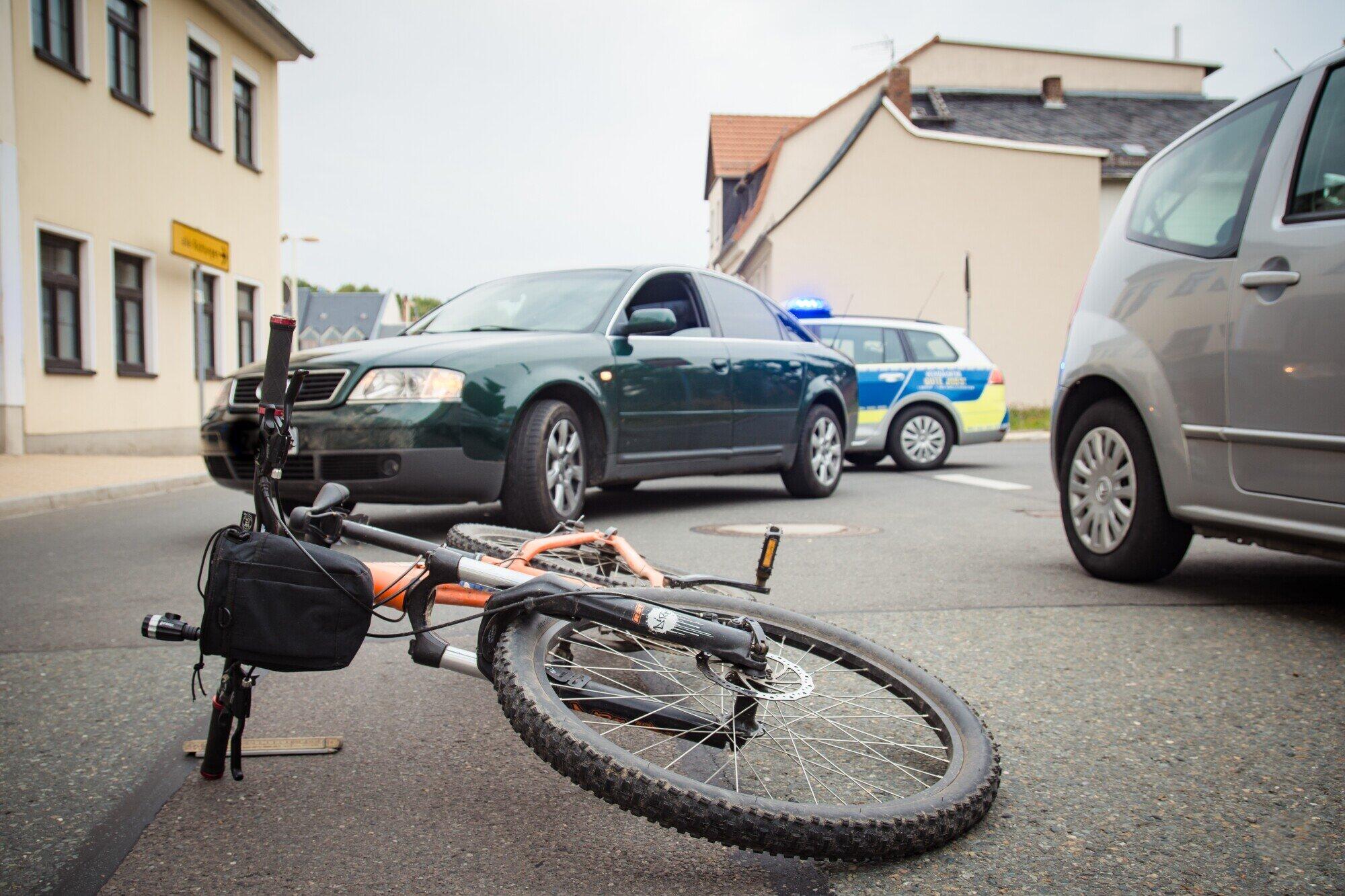You’re always careful to drink responsibly. If you drink too much, you call a cab. But this time, you thought you’d be fine. You were just a little buzzed—you’ll be okay, right? Then you see it: flashing blue lights in your rear view. Your mind races for the next course of action.
If you’ve been arrested for a DUI, you’re not alone. Over 1.5 million drivers are arrested for impaired driving each year. But if you don’t know what to do when you get a DUI, you could be facing a major uphill legal battle.
Individuals who are arrested for drunk driving can face huge fines, suspension of their license, or even jail time. Do your best to avoid those penalties by following these tips.
Pull Over.
A DUI is a serious charge. For many people, the moment they see the flashing lights, they’re immediately consumed by this fact. They begin to panic. They think of all the ways a DUI will ruin their life. They think of what they’ll tell their family, their employer, their friends.
They imagine all the consequences piling on, and they don’t think they’ll be able to cope. So instead, they put the pedal to the floor and try to escape. In your impaired state, this is a dangerously stupid choice.
Not only will you earn additional charges for refusing to stop for the police – https://www.legalmatch.com/law-library/article/refusing-to-stop-for-police-lawyers.html – but you also risk getting into an accident or risking injury or death to both yourself and other drivers. Instead, calmly pull over. Avoiding a DUI charge isn’t worth the extra risk.
Comply With the Officer.
When the officer approaches you, the urge to fight the charge might take over.
However, being belligerent will just make things worse for you. It’s true that it is not illegal to be rude to police, but this may put the officer in a foul mood, making them more likely to write you a ticket or arrest you.
In a traffic stop, the officer uses their own discretion to decide whether or not to write you a ticket. If you become aggressive, rude, or hostile, it may give them reason to believe that you are intoxicated, as they suspected.
On the other hand, if you remain polite and respectful, it will make you look more levelheaded and sober.
Know Your Rights.
During a traffic stop, the police officer’s job is to determine probable cause to arrest a person for breaking the law. They will use a number of means to reach this goal. However, the Fifth Amendment of the Constitution – https://www.law.cornell.edu/constitution/fifth_amendment – protects you from incriminating yourself. You are not obligated to admit to driving under the influence or to submit to any tests to that effect. Here is a breakdown of what a police officer may use to ascertain guilt and your rights.
Incriminating Questions.
If the officer suspects you of driving under the influence, they will ask you a number of questions. No matter how friendly they seem, make no mistake: they are attempting to get you to admit to a crime. You should never admit to drinking before driving, nor should you give a false story, as this can be used against you in a trial. However, you are under no obligation to answer any questions. No matter how impatient the officer gets, you still have the right to remain silent.
Field Sobriety Tests.
In most DUI stops, the officer will ask you to exit your vehicle and take any number of field sobriety tests. They may ask you to touch your nose, walk a straight line, track an object without moving your head, or anything else the officer asks.
While these tests may help determine inebriation and are even admissible in a court of law, you are not required to take them – https://alcohol.org/dui/field-sobriety-test/.
If you refuse a sobriety test, the officer may threaten to arrest you for resisting arrest, but don’t let that deter you. If the officer asks you to take a sobriety test, there’s a good chance they were planning to arrest you anyway.
Breathalyzer Tests.
The major problem with field sobriety tests is that they are entirely subjective to the officer’s judgment. Failing a sobriety test doesn’t necessarily mean that you are impaired. Additionally, if you do pass a sobriety test, they may arrest you for suspected drunkenness anyway. Breathalyzer tests, on the other hand, give an accurate reading of the amount of alcohol in your bloodstream.
Or at least that’s what the police say. In reality, roadside breathalyzers are not always accurate – https://www.bactrack.com/blogs/expert-center/35040069-are-breathalyzers-accurate/. In fact, they are so inaccurate that sometimes they aren’t even admissible in court. No matter what the officer says, you are not obligated to answer any questions or submit to any tests. The officer may take you into custody, but you will not be charged with a DUI until you are before a judge.
Get a Good DUI Attorney.
As soon as you are able to, get a hold of a good lawyer, such as Prentiss Law, to defend your case. Even if you feel like you were in the wrong, you don’t have to just accept the charges. A good DUI attorney may be able to discover that the police didn’t follow protocol during your traffic stop. Even if they cannot help you beat a DUI charge, they can make sure that you avoid harsher consequences.
Don’t Wait Any Longer.
A DUI is a serious charge that can bring harsh consequences, throwing the trajectory of your life for a loop. But if you know what to do when you get a DUI, it can be more of a speed bump than a total disaster. If you’re facing DUI charges in the North State and need a lawyer, be sure to contact Prentiss Law at (530) 691-0245.



